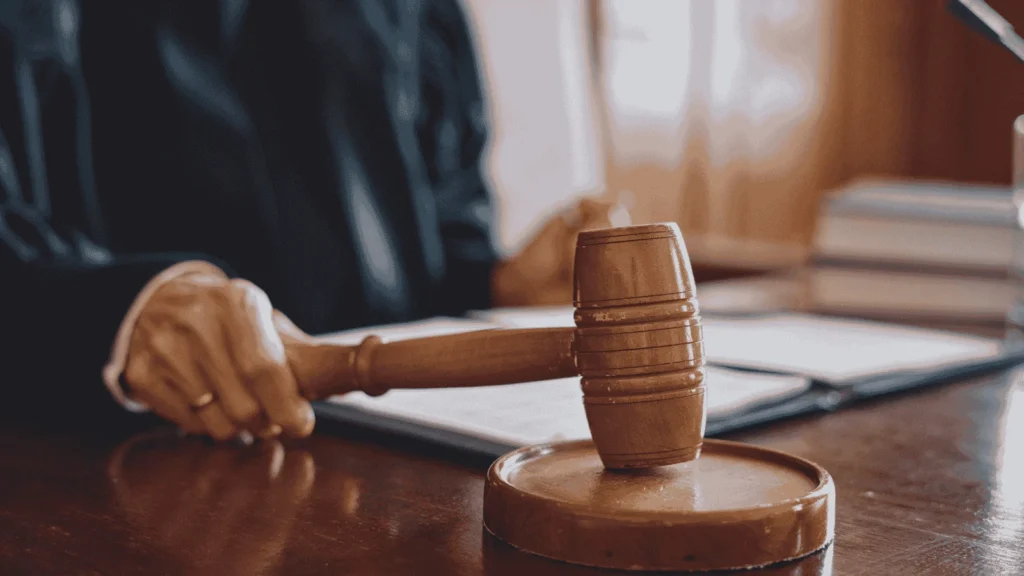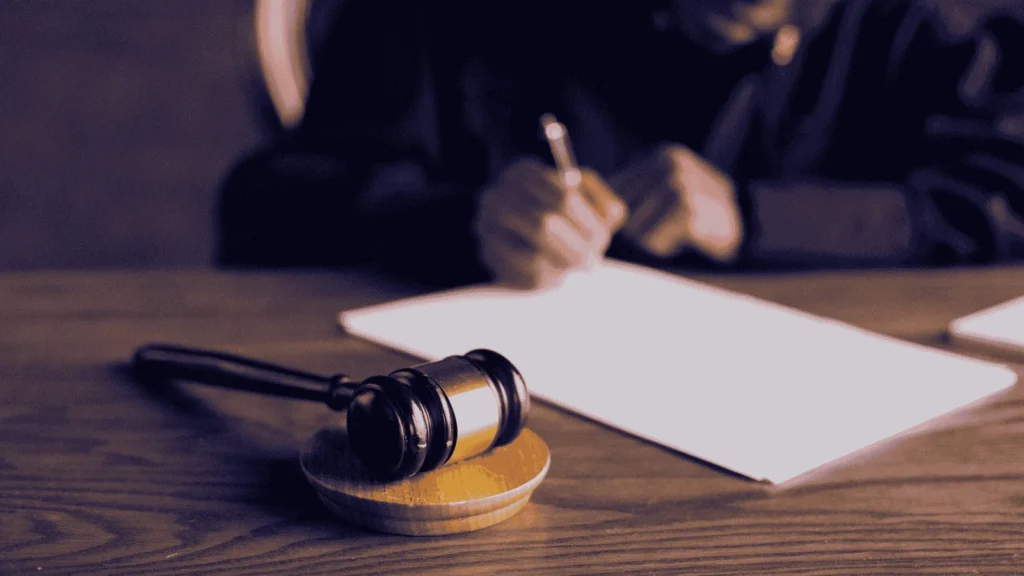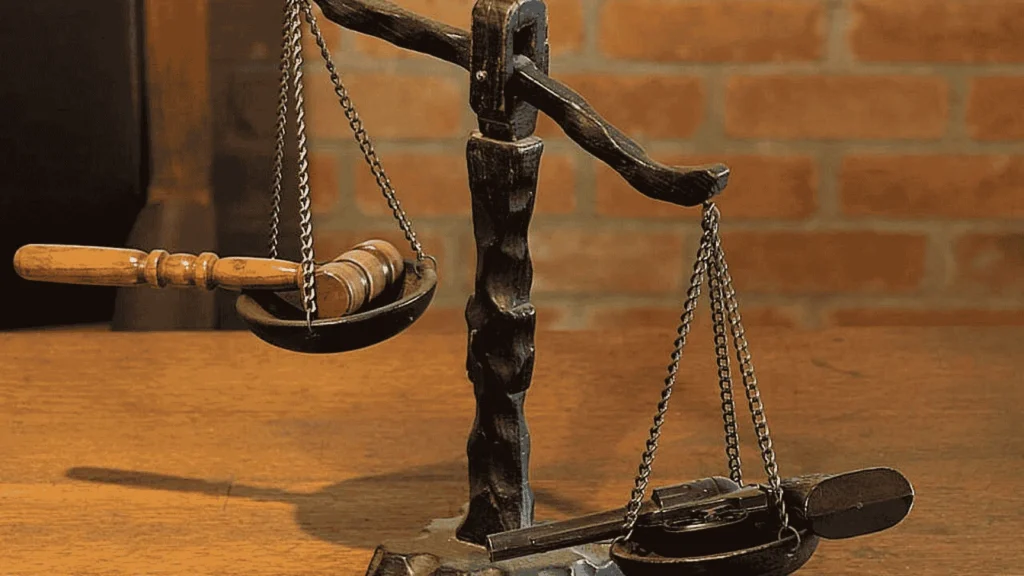The Justice Yadav Controversy is hot right night. On December 8, 2024, Justice Shekhar Kumar Yadav of the Allahabad High Court spoke at an event organised by the Vishwa Hindu Parishad (VHP) where he made remarks that were seen as inflammatory and divisive. While talking about the Uniform Civil Code (UCC), he said that it was a contentious issue between Hindus and Muslims.
Allegedly, he targeted Muslim community in his statement. For this, he was criticised across legal and political domains. Taking cognisance of the issue, Supreme Court Collegium, under Chief Justice Sanjiv Khanna, counselled him on the immense responsibility tied to judicial impartiality and to avoid making such statements in public.
This Justice Yadav Controversy underscores the importance of judicial accountability and restraint in upholding public confidence in the judiciary. As a judiciary aspirant, this incident should serve as a compelling reminder to you of the ethical and constitutional conduct you must have to avoid the risk of compromising judicial integrity – and to ensure that ‘justice’ remains impartial in our country.
Judges and Their Duty to Maintain Impartiality

Justice Shekar Kumar Yadav’s remarks on Hindu tolerance and Islamic practices are being seen as a grave misstep in judicial conduct. The Justice Yadav controversy is said to have undermined the very foundation of the judiciary and led to a dent in the public trust in its impartiality.
Aspiring judges must learn from this incident to safeguard their integrity. To maintain neutrality, avoid these pitfalls:
- Refrain from public statements that could appear biased.
- Uphold constitutional values without alienating any group.
- Ensure actions and words strengthen, not erode, public confidence.
For law students, these principles are non-negotiable for a just judiciary.
Understanding the Role of Judicial Accountability
The Supreme Court Collegium has taken a firm stance on Justice Yadav controversy as it was concerned with maintaining the judicial accountability. It sought to ensure that judges act responsibly and remain impartial – upholding the dignity of their office and acting without bias.
The Collegium intervened to remind Justice Yadav to align his conduct and speeches with constitutional values. It said that this step was necessary as his behaviour raised questions about his neutrality. Exercising restrain in public is necessary for the judges to preserve trust in the judiciary and avoid creating perceptions of bias.
The Importance of Ethical Conduct in Public Life

The Justice Yadav Controversy grew bug. Accusations of hate speech and communal bias were made. It led to public outrage. In fact, as many as 55 opposition MPs demanded impeachment of Justice Shekar Kumar Yadav over this issue.
A 2024 survey by LocalCircles found that 62% of Indians distrust the judiciary’s independence. This highlighted how judges need to pay attention to ethical conduct beyond the courtroom to ameliorate the situation.
Law students must recognise that integrity isn’t optional—it’s vital. Judges’ words and actions must inspire trust, ensuring the judiciary remains a beacon of fairness in a divided society.
Balancing Free Speech with Judicial Restraint
In light of the Justice Yadav controversy, Justice Yadav defended his controversial statements in from of the Supreme Court Collegium and said media had misrepresented what he said. However, the Collegium still warned him that public trust in the judiciary is sacred and fragile – and he needs to be more careful in the future.
As a law student, we advise you to remember that judges’ words hold immense power. They can transcend personal opinion. Hence, their public statements must reflect constitutional ideals – safeguarding the judiciary’s integrity.
Even though judges are human, their role demands an unwavering accountability. A single misstep can cast shadows over the very institution that upholds justice and democracy.
Uniform Civil Code: A Polarising Debate
Besides the shadow on judicial accountability, the Justice Yadav controversy has reignited debates surrounding the Uniform Civil Code (UCC). The UCC is a proposed legal framework that seeks to unify personal laws across religions. While some say that it will ensure equality and eliminate discriminatory practices, others worry that it threatens cultural diversity and minority rights.
This controversy has highlighted the urgent need for careful, informed dialogue on this issue. spiring legal professionals must recognise the importance of fostering balanced discussions rather than exacerbating divisions on explosive topics like the UCC.
The Consequences of Judicial Misconduct

The Justice Yadav Controversy serves as a stark reminder to aspiring judges of the grave consequences of judicial misconduct. The opposition has set the impeachment motion in the Rajya Sabha against Justice Yadav – alleging hate speech and communal incitement. Senior advocates and legal NGOs are urging an in-house inquiry into this matter too.
The entire case highlights that judicial accountability is unshakeable. Any deviation, intentional or not, can erode public trust and jeopardise judicial integrity, with lasting professional repercussions.
Lessons for Future Judges: Navigating Public Opinion
The Justice Yadav controversy highlights vital lessons for aspiring lawyers and judges. Upholding constitutional morality and public trust is paramount. A few things judges must follow are:
- Avoid remarks that might be seen as biased sentiments.
- Prioritise fairness over public opinion.
- The conduct must reflect justice and equality.
- Uphold constitutional values in all decisions.
- Ensure actions reinforce the rule of law.
- Maintain impartiality as a symbol of justice.
After all, judges’ integrity inspires public faith in the judiciary.
The Role of the Supreme Court Collegium
The Supreme Court Collegium’s swift response to the Justice Yadav controversy underscores its role as a guardian of judicial accountability and ethics. By summoning Justice Shekar Kumar Yadav and counselling him, the Collegium reaffirmed its commitment to preserving the dignity of the judiciary.
As law students, this incident offers you a glimpse into the Collegium’s functioning and its responsibility to address issues of judicial misconduct. It is a reminder that the judiciary, despite its independence, operates within a framework of checks and balances.
The Broader Implications of the Justice Yadav Controversy
The Justice Yadav controversy has reignited debates about hate speech, communal harmony, and the need for judicial reforms. It also raises questions about the judiciary’s role in addressing societal divisions and fostering inclusivity.
As a law student at SMS Law College, we encourage you to work towards building a legal system that promotes justice, equality, and harmony.
Key Takeaways for Law Students
- Impartiality is Non-Negotiable: Judges must rise above personal biases and ensure their conduct reflects the principles of fairness and justice.
- Judicial Accountability Matters: Mechanisms like the Supreme Court Collegium play a crucial role in upholding judicial ethics.
- Ethical Conduct is Paramount: A judge’s actions and words should inspire confidence in their impartiality and integrity.
- Sensitive Issues Require Nuance: Topics like the Uniform Civil Code demand balanced, well-informed discussions.
- Free Speech vs. Judicial Restraint: Judges must exercise caution in their public statements to maintain the dignity of their office.
- Consequences of Misconduct: Judicial misconduct can lead to severe professional and reputational repercussions.
Conclusion
The Justice Yadav controversy serves as a critical case study for law students. It highlights the responsibilities that come with holding a judicial position and the ethical challenges that judges must navigate. By learning from such incidents, law students can prepare themselves to uphold the highest standards of professionalism, impartiality, and judicial restraint in their legal careers.
This incident should remind all aspiring legal professionals of their role in preserving the integrity of the judiciary and promoting a just society.
Read Also – 4 Laws You Thought Were Fair But Are Actually Biased Laws in India!
Top Emerging Careers for Commerce Graduates in 2025





